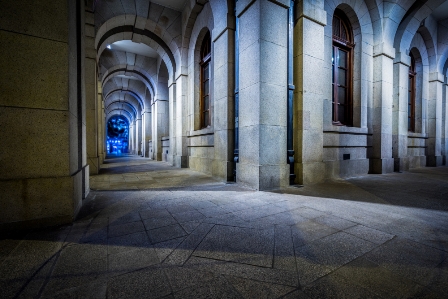Prostitution has been a controversial issue in many parts of the world. The legality of this profession varies widely, and the status of prostitution in Puerto Rico is no exception. In this article, we will explore the complex and nuanced world of prostitution in Puerto Rico, covering its historical background, current legal status, regulation, societal impacts, and the ongoing debates surrounding its legalization.
Prostitution, the exchange of sexual services for money, has existed throughout history and is often influenced by cultural, economic, and social factors. In Puerto Rico, this practice has evolved significantly over the years.
Historical Perspective
To understand the current legal status of prostitution in Puerto Rico, we must examine its historical roots. The island’s history is marked by various phases of tolerance, regulation, and prohibition of the sex trade.

Current Legal Status
Prostitution Laws in Puerto Rico
Currently, prostitution itself is not illegal in Puerto Rico. However, certain activities related to it, such as soliciting sex in public or operating a brothel, are prohibited.
Regulation and Authorities
The regulation of prostitution in Puerto Rico falls under the jurisdiction of local municipalities. Authorities vary in their approach, from active enforcement to leniency.
The Role of Tourism
The thriving tourism industry in Puerto Rico has a significant impact on the demand for sexual services. Prostitution often intersects with the tourism sector, creating unique challenges and opportunities.
Public Opinion
Public opinion on prostitution in Puerto Rico varies widely. Some view it as a legitimate profession, while others see it as a moral or social problem.
Legalization Debates
Arguments in Favor
Supporters of legalization argue that it could lead to better regulation, improved working conditions for sex workers, and increased safety.
Arguments Against
Opponents raise concerns about potential increases in human trafficking, the objectification of individuals, and moral and social implications.
International Comparisons
Legal Status in Other Countries
To gain a broader perspective, we can compare Puerto Rico’s approach to prostitution with that of other countries. Some nations have fully legalized it, while others maintain strict prohibitions.
Efforts to Combat Sex Trafficking
Addressing sex trafficking is a critical concern for governments and organizations in Puerto Rico. Measures are in place to identify and support victims, as well as to apprehend traffickers.
Health and Safety
Access to Healthcare
Ensuring the health and safety of sex workers is a paramount concern. Access to healthcare, including regular testing and support services, is vital.
Law Enforcement and Prostitution
The relationship between law enforcement agencies and the sex industry is complex. Police efforts range from cracking down on illegal activities to adopting more compassionate approaches.
Advocacy and Support Groups
Several organizations in Puerto Rico advocate for the rights and well-being of sex workers. They provide resources, support, and outreach programs.
Frequently Asked Questions
Here are some FAQs related to Is Prostitution Legal in Puerto Rico
Prostitution laws in the Caribbean vary by country. Some nations, like the Dominican Republic, have legalized prostitution, while others maintain various degrees of regulation or prohibition. It’s essential to research the specific laws of the country you plan to visit.
Prostitution is illegal in the majority of U.S. states. However, there are some exceptions, such as parts of Nevada, where it is legal and regulated at the county level. It’s important to note that laws can change, so it’s advisable to check the current legal status in a particular state.
No, prostitution is not illegal in the Dominican Republic. It is regulated, and sex work is considered a legitimate profession. However, activities related to prostitution, such as human trafficking, are illegal and subject to prosecution.
The legality of prostitution can vary from one Spanish-speaking country to another. In some countries, like Spain, prostitution is legal and regulated, while in others, it may be illegal or subject to varying degrees of regulation.
Prostitution is regulated in Mexico. It is not illegal at the federal level, but states and municipalities have the authority to establish their own regulations. This means that the legality of prostitution can vary from one region to another in Mexico.
Prostitution laws in U.S. territories can differ from those in the continental United States. For instance, in some U.S. territories like the U.S. Virgin Islands, prostitution is subject to local regulation. It is essential to research the specific laws in each territory, as they can vary.
Conclusion
Prostitution’s legal status in Puerto Rico is a multifaceted issue with social, economic, and ethical dimensions. The ongoing debates and the challenges of regulating this industry reflect the complexities surrounding this topic.

